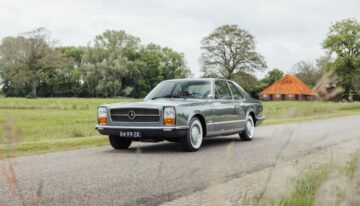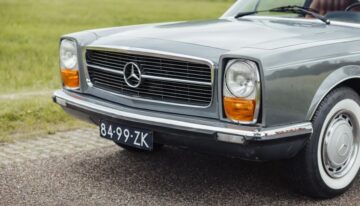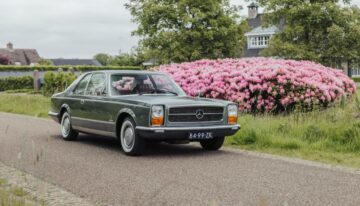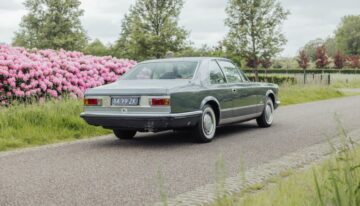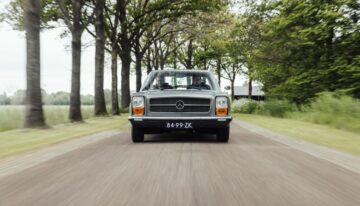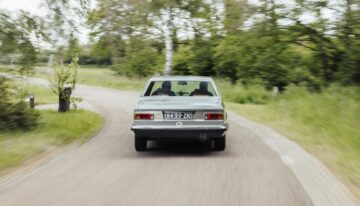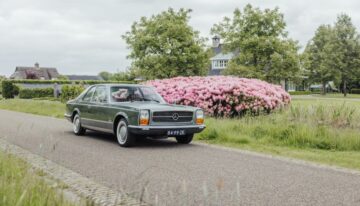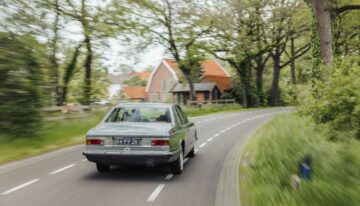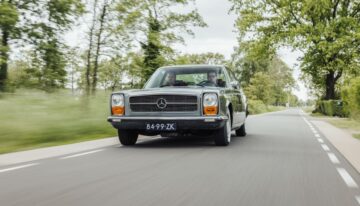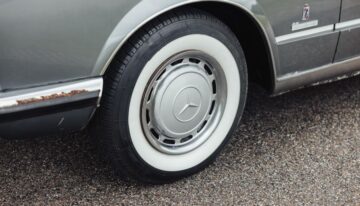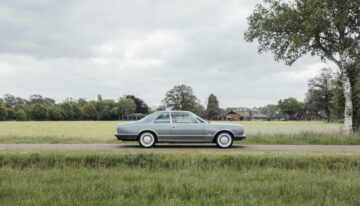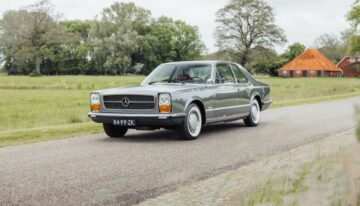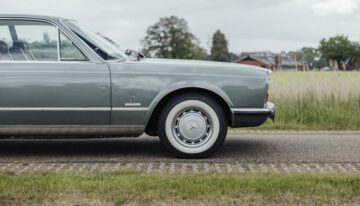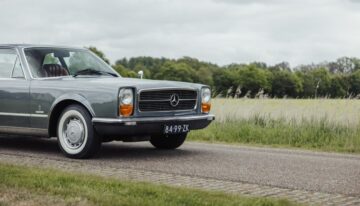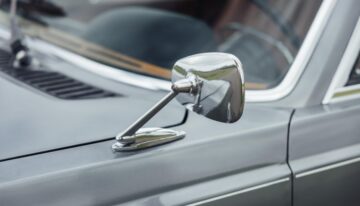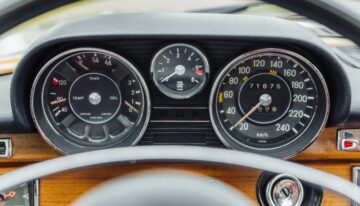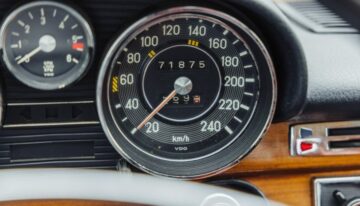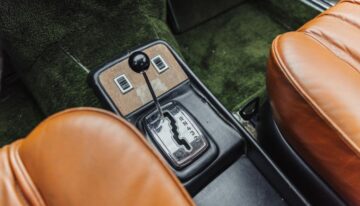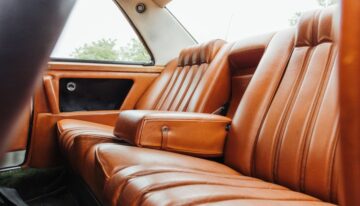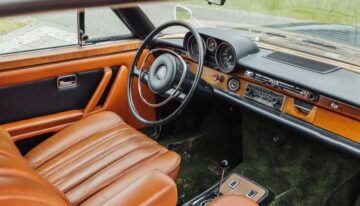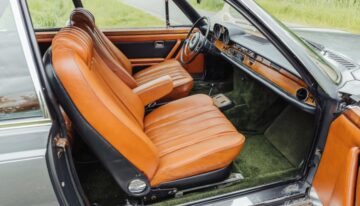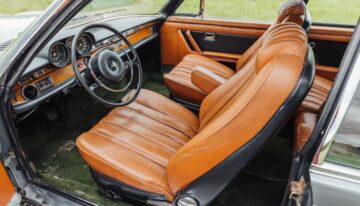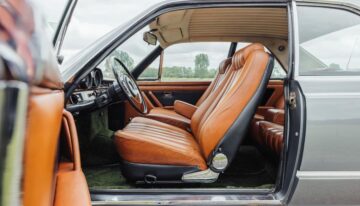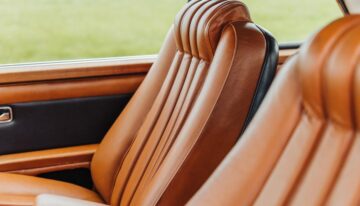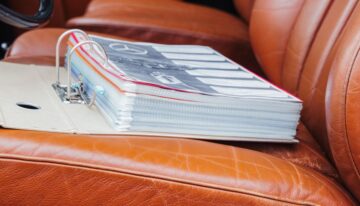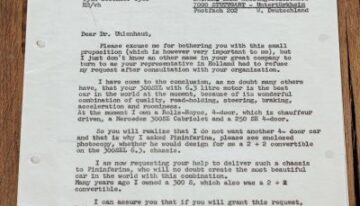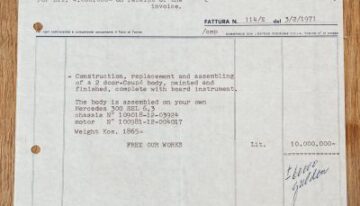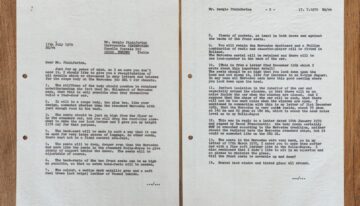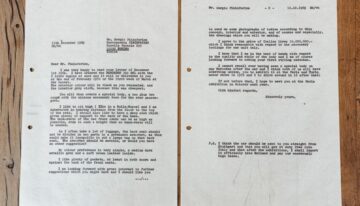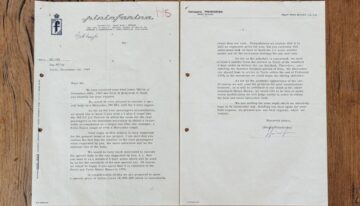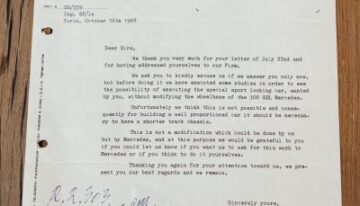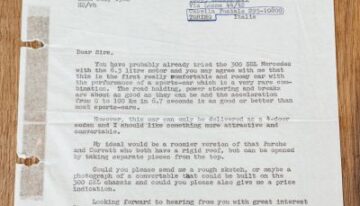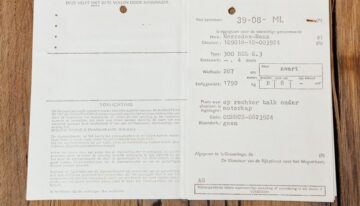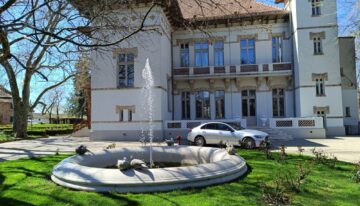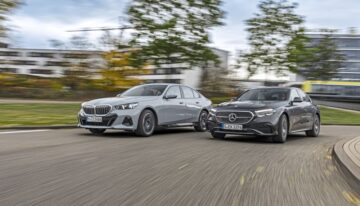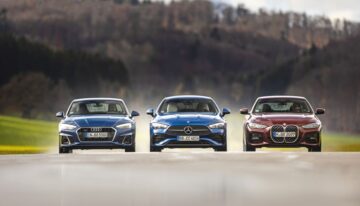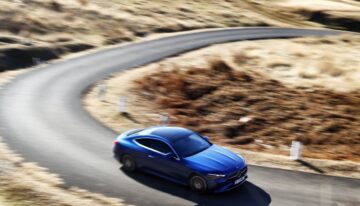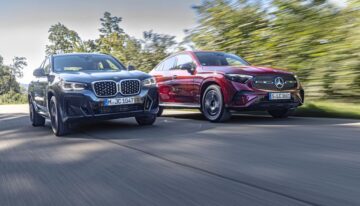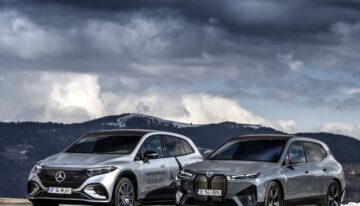A unique Mercedes 300 SEL 6.3 coupe made by the Pininfarina studio at the request of a Dutchman is for sale at a Bonhams auction on August 18, 2023 in US.
Photo: Bonhams
In 1965 Mercedes presented the new W108/W109 luxury limousine, the successor to the W111/W112, at the Frankfurt Motor Show. The W108 had a standard wheelbase, while the W109 had a long wheelbase and was built in fewer examples. The Mercedes W108/W109 range was a huge commercial success, selling in more than 383,000 examples between 1965-1972 in Europe and 1965-1973 in North America. The best-selling models were the W108 series with inline 6-cylinder engines (250 S/250 SE and 280 S/280 SE in the W108), which accounted for over 85% of sales.
Later, Mercedes test engineer Erich Waxenberger came up with the idea of installing the massive 6.3-liter V8 from the 600 limousine in a Mercedes W109. After the concept was presented to the public at the Geneva Motor Show in 1968, Mercedes decided to introduce in the series production this top model. Between December 1967 and September 1972, Mercedes produced 6,526 units of the W109 300 SEL 6.3. The top model accounted for more than 25% of sales of the W109 long-wheelbase version.
At the time of its launch, the 300 SEL 6.3 was one of the fastest limousines in the world, capable of reaching a top speed of 200 kph (124 mph). In 1971, the Mercedes 300 SEL 6.3 cost 39,160 marks.
A Dutchman had the idea of a Mercedes 300 SEL 6.3 coupe
Although a coupe based on the 300 SEL 6.3 limousine could have been a successful model due to the performance of the V8 engine, Mercedes never intended to develop a coupe. But a Dutch businessman, whose name has long remained a secret, came up with the idea of a model derived from the W109 limousine.
He sent a letter to Mercedes and asked if they had plans to build a convertible based on the W109 and if they could deliver a W109 chassis to him. Mercedes responded negatively to both requests, and a similar response was given when the Dutchman asked if they had no plans to produce a coupe based on the W109.
Rudolf Uhlenhaut and Mercedes said NO
The Dutchman then tried his luck and contacted Dr. Rudolf Uhlenhaut directly, asking him to buy a chassis on which he could install a body of his own design. The correspondence between the Dutchman and Dr. Uhlenhaut can be found in the attached documentation. Uhlenhaut did not respond favorably to the Dutchman’s request, who said Uhlenhaut “was very stubborn”.
The Dutchman then decided to contact the Pininfarina studio in Turin, while negotiating in parallel with Mercedes the purchase of a chassis. Since Mercedes refused to sell him just the chassis, the Dutchman bought a W109 300 SEL 6.3 and sent it to Pininfarina in Turin to turn it into a 2+2 seater coupe.
Pininfarina accept the Dutchman requierements
Initially, Pininfarina refused to take on the project, believing that the chassis was not rigid enough and that it should be shortened by Mercedes. After many discussions, Pininfarina agreed to rebuild the car if the Dutchman would bring the car to Turin. The Dutchman brought the car to Turin and agreed to Pininfarina’s asking price of 10 million Italian lire. In 1971 10 million Italian lire was equivalent to 56,300 DM. Considering that the price of the standard car, in black, with gray fabric upholstery was 39,160 DM, the Dutchman paid over 100,000 DM to make his dream come true.
But the Dutch businessman also had some specific requirements, as was mentioned in the correspondence with Pininfarina. Among the requirements, the Dutchman wanted it to sit up high like a Rolls-Royce and the glass area to be limited, so you don’t feel like you’re in a fishbowl. The Dutchman didn’t want a center console in the back and wanted extra sound insulation compared to the production limousine.
Pininfarina fulfilled all of the Dutchman’s wishes and presented this unique example on its stand at the Paris Motor Show in 1970. In one of the correspondences, the customer wrote “he liked it immensely”. On 10 February 1971, the Dutchman’s driver picked up the car in Turin and drove it to Holland.
But the Dutchman’s wife was not too pleased with the car, and in 1972 she decided to sell the vehicle by contacting Auto Becker in Germany. The car had only 10,000 km on board, and the seller described it as “the most exclusive car in the world with the best performance”.
Becker was skeptical of the seller’s asking price of DM 70,000 and cannot find a buyer. Later, in 1973, the Dutchman managed to find a buyer in Holland.
Looking at the body design, it is quite controversial, and personally, I don’t think it is one of Pininfarina’s most successful works. The Turin-based coachbuilder has made many other unique works that are much more spectacular. In contrast, the interior is characterized by excellent quality material.
Although the estimated price is between 400,000 and 600,000 USD, the car needs a restoration of the bodywork and mechanical parts. If the car will be reconditioned, its value could increase due to the fact that there is a one-off example.

